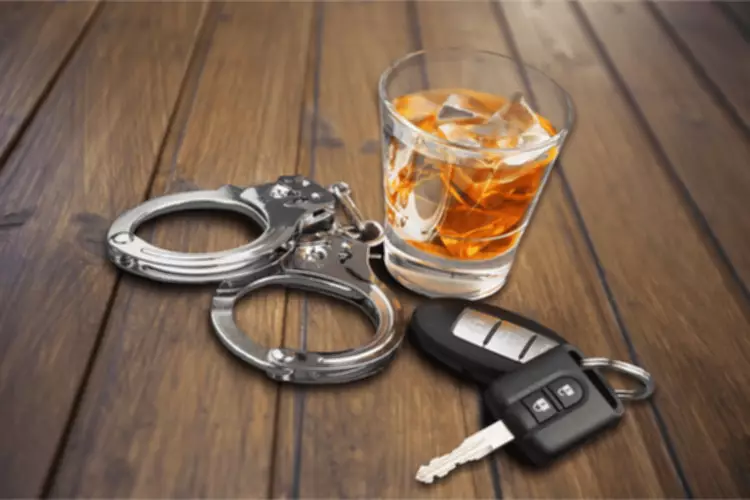
One such study involved a sample of 85 social drinkers who were described as being low or high trait anger based on their responses to the anger expression index of the State-Trait Anger Expression Inventory-2 (STAXI-2) (Eastwood et al., 2020). They first consumed alcohol and were asked to recognize the emotions of different faces on a computer stages of alcohol intoxication task. Specifically, they exhibited a reduced capacity to detect sadness and fear and a reduced tendency towards seeing happiness. While the study did not support a significant difference between groups high and low in anger, these results support the notion that such impairment in facial recognition may contribute to aggressive responding.
- Unless their tolerance level is extremely high, someone at this stage will lose all motor control and the ability to react to stimuli.
- Women who drink during pregnancy have an increased risk of giving birth to a baby with fetal alcohol syndrome.
- Drinking large amounts of alcohol (more than 2 to 6 drinks per day) for extended periods can damage a number of organs, especially the liver, heart, and brain.
- Inside the MRI scanner, the young men had to complete a modified version of the so-called Taylor Aggression Paradigm, which is a traditional tool that has been used for the past half a century to assess levels of aggression in a retaliatory scenario.
- This is a zombie-like stage of intoxication, and there’s the chance of experiencing alcohol poisoning, coma, or death.
Current Study
When someone consumes alcohol, they may not feel the full effects for a while. Factors like age, body weight, and rate of consumption all affect the rate of intoxication. People can survive alcohol poisoning if they receive appropriate treatment. People may feel euphoric while drinking alcohol because ethanol stimulates the release of dopamine, a feel-good chemical in the brain. This effect on the brain’s dopamine system can lead to alcohol dependence.
- Those who feel more drunk when intoxicated, compared to those who feel less so, may experience greater recovery from ostracism after aggressing toward an ostracizer hinting at potentially pleasurable effects that must be replicated in future studies.
- These early differences remain stable, with mean concentrations of CSF 5–HIAA taken in late infancy (i.e., at age 6 months) predicting concentrations 1 year later in middle childhood (Higley et al. 1992b) and into adulthood (Higley et al. 1996d, 1996e).
- Certain factors and personality traits may predispose people to alcohol use disorder.
- Among most Old World monkey societies, newborns initially develop their social skills within the protective and watchful tutelage of their biological mothers.
Causes of Alcohol Use Disorder
Or find out more about how our symptom checker works before you try it for yourself. In people affected, it is important to also check for an underlying alcohol use disorder. People who tend to ignore the future consequences https://ecosoberhouse.com/ of their behavior, or score low on the Consideration of Future Consequences (CFC) scale, have been found to display more aggression. This is heightened when consuming alcohol, according to a 2012 study.

Alcohol, Affect, and Aggression: An Investigation of Alcohol’s Effects Following Ostracism
Results showed enough escalation in people consuming these drinks to label the beverages a « potential risk » to increased hostility. Some research suggests that people at risk of alcohol use disorder are less easily intoxicated than people who are not problem drinkers. Blood relatives of people with alcohol use disorder may have this trait. This association indicates that the high rates of violent aggression shown by these monkeys probably result from impaired impulse control.

- There are many treatment options available for alcohol use disorders.
- For example, people who drink regularly (2 or more drinks per day) are less affected by a given amount of alcohol than those who normally do not drink or drink only socially, a phenomenon termed tolerance.
- Because concomitant medical and surgical conditions can occur simultaneously with alcohol withdrawal, medical evaluation with CT and lumbar puncture may be needed.
- They may suspect alcohol use disorder in people whose behavior changes inexplicably or whose behavior becomes self-destructive.
- Alcohol poisoning can cause death by respiratory arrest, which becomes very probable at a BAC level of 0.45% or higher.
National Institute on Alcohol Abuse and Alcoholism (NIAAA)
Possible Complications of Alcohol Intoxication
Intoxicated aggression: Do alcohol and stimulants cause dose-related aggression? A review
- Alcohol intoxication is a common cause of emergency room visits in the United States.
- Many people enjoy alcoholic drinks as a way of relaxing, sometimes to reduce the tension of socializing or to quiet an overactive mind.

